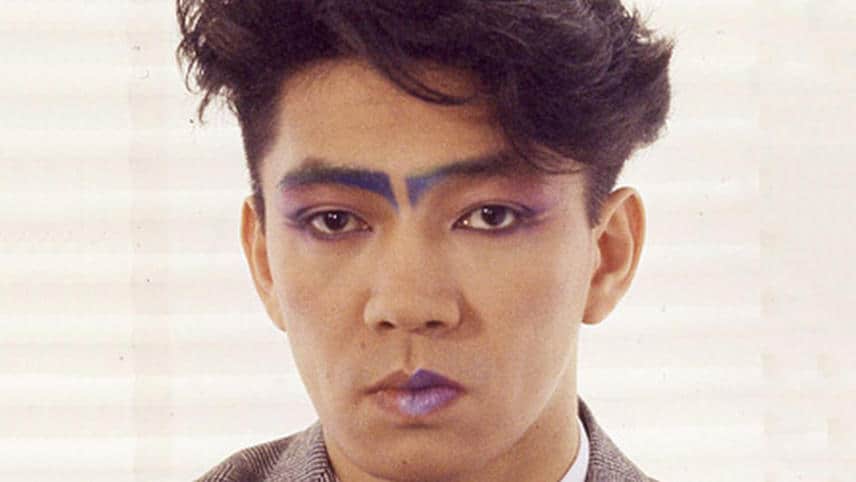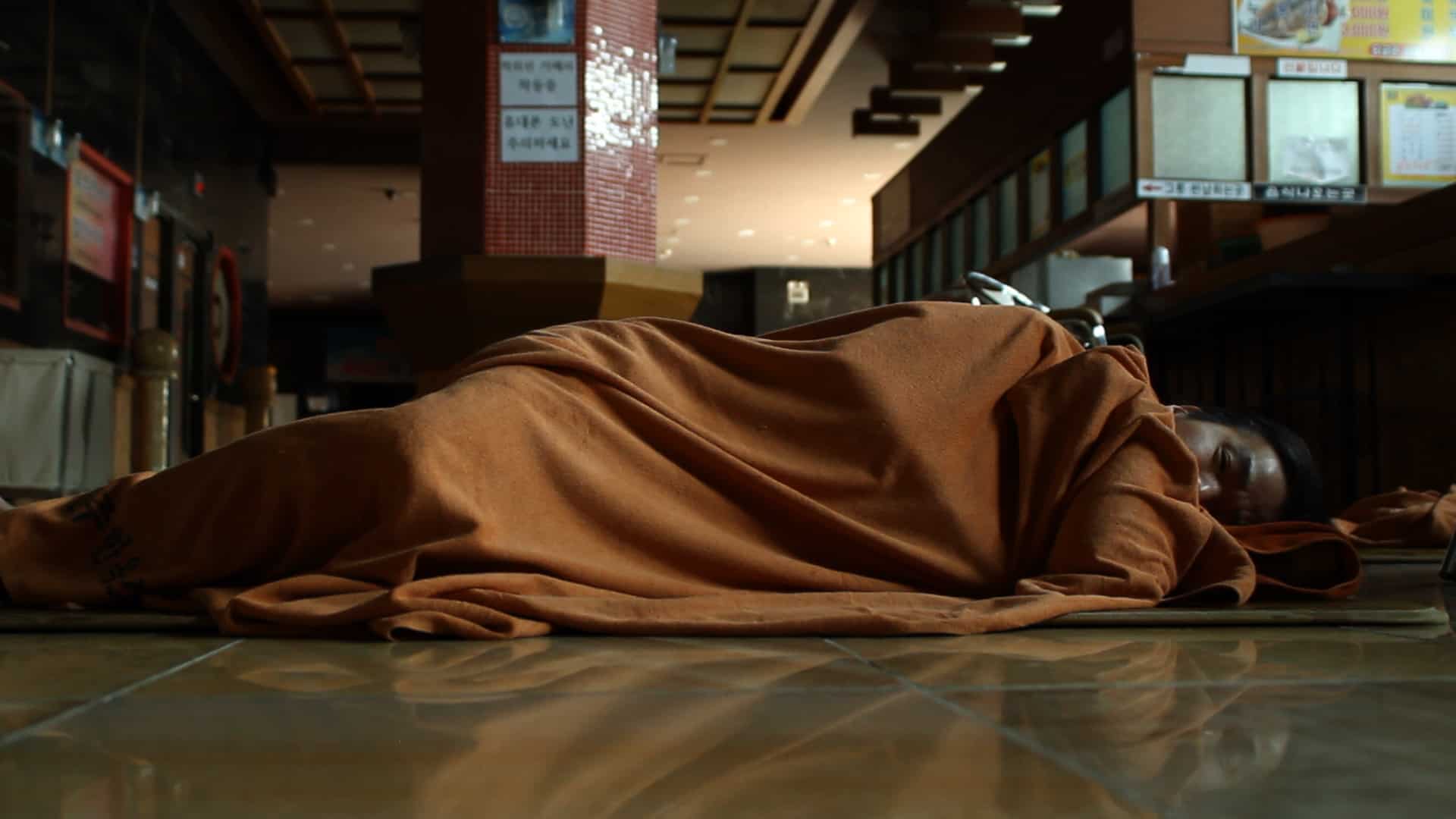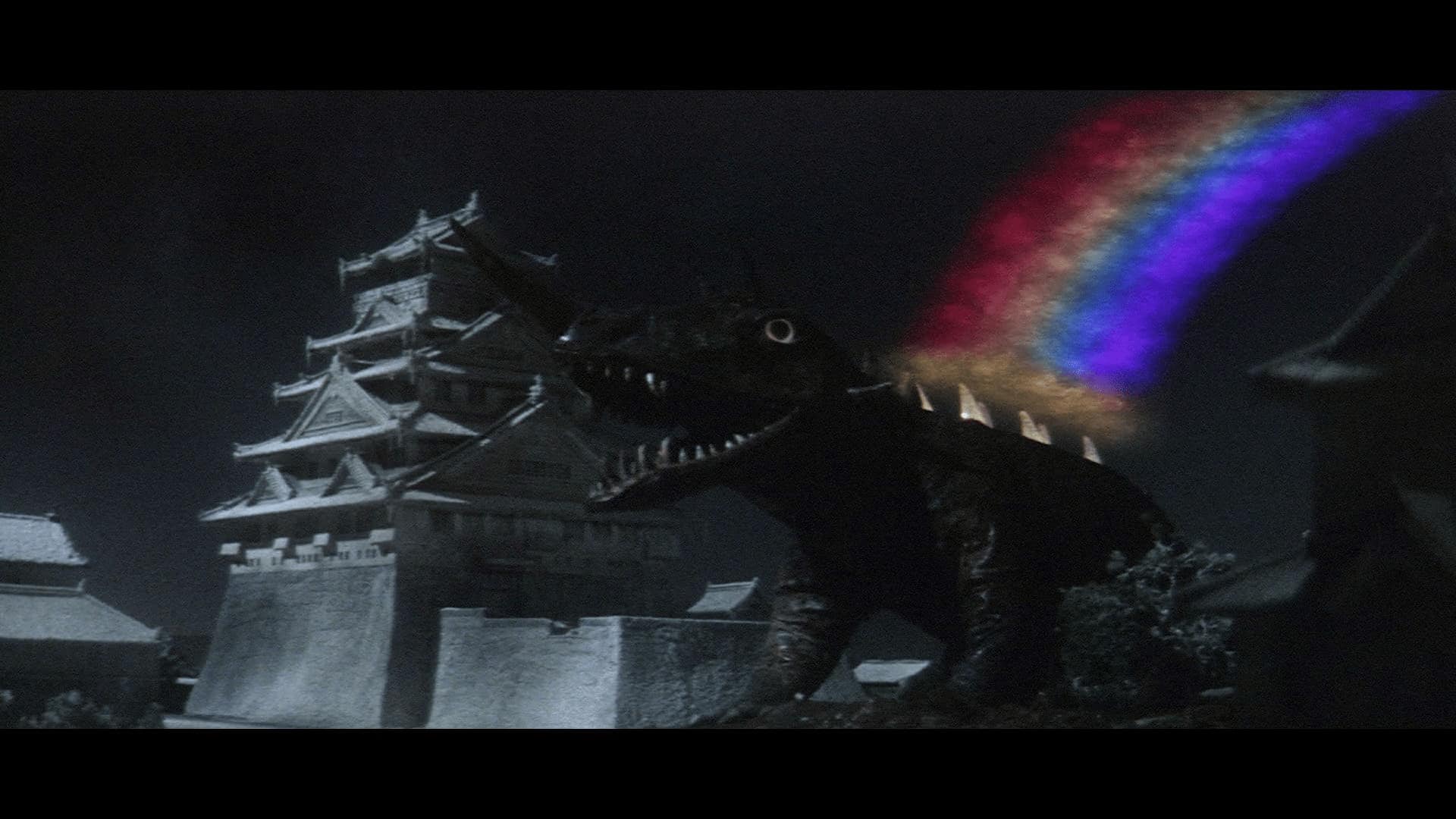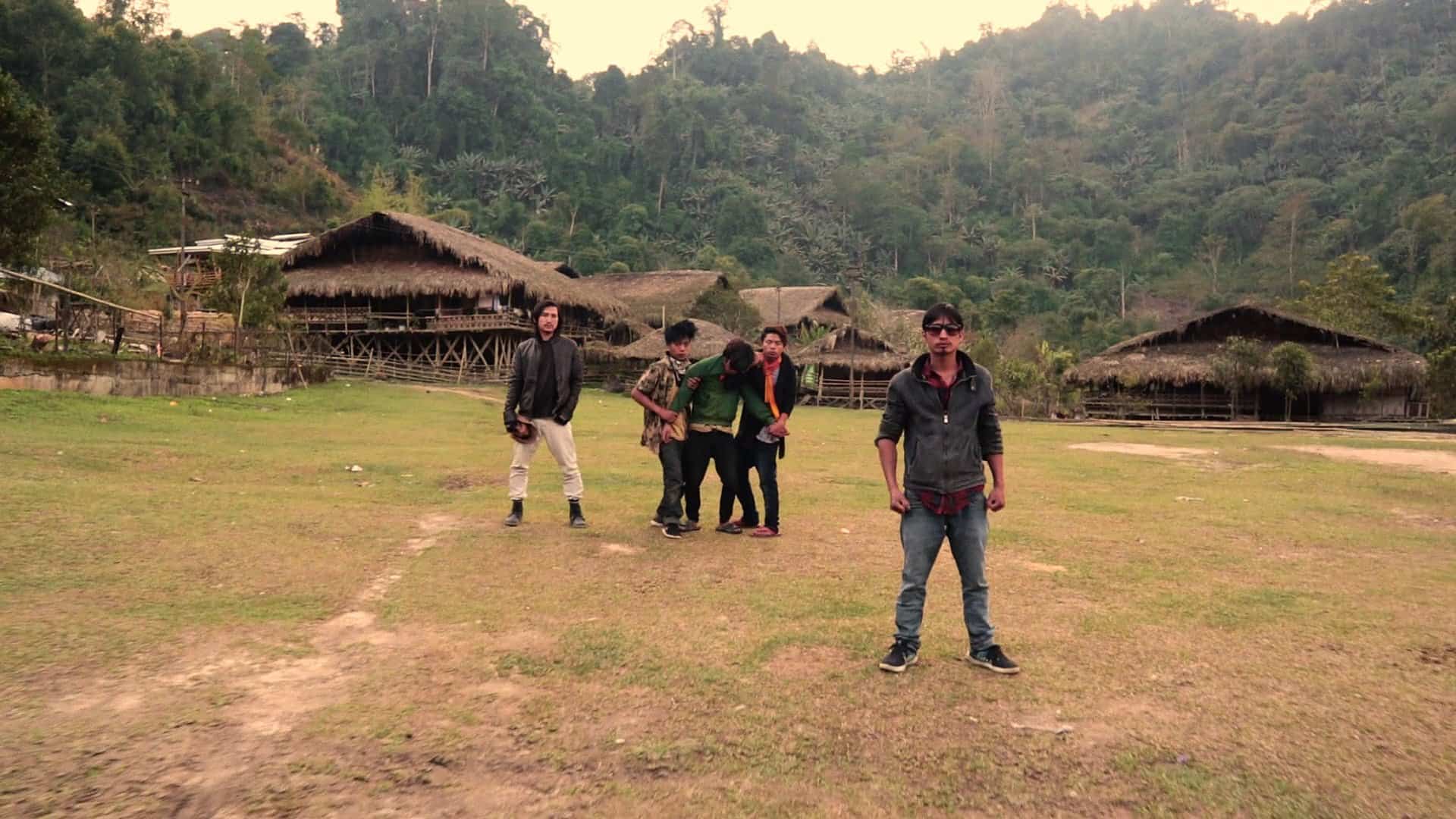The passing of Ryuichi Sakamoto in March 2023 marked a sad and significant loss for the world of music. Debuting with his experimental solo EP Thousand Knives (1978) at the age of twenty-six, Sakamoto would go on to have a 45-year-long career as a musician, producing countless solo albums and film scores, as well as music with the Japanese electropop band Yellow Magic Orchestra. Tracing his blossoming career in the mid-1980s was French photographer Elizabeth Lennard, who directed the made-for-TV documentary “Tokyo Melody: un film sur Ryuichi Sakamoto” (1985). The film presents an economically prosperous Tokyo, along with an intimate portrait of Sakamoto as he works on his then-upcoming solo album, Ongaku Zukan (1984).
Tokyo Melody is screening at Japan Cuts
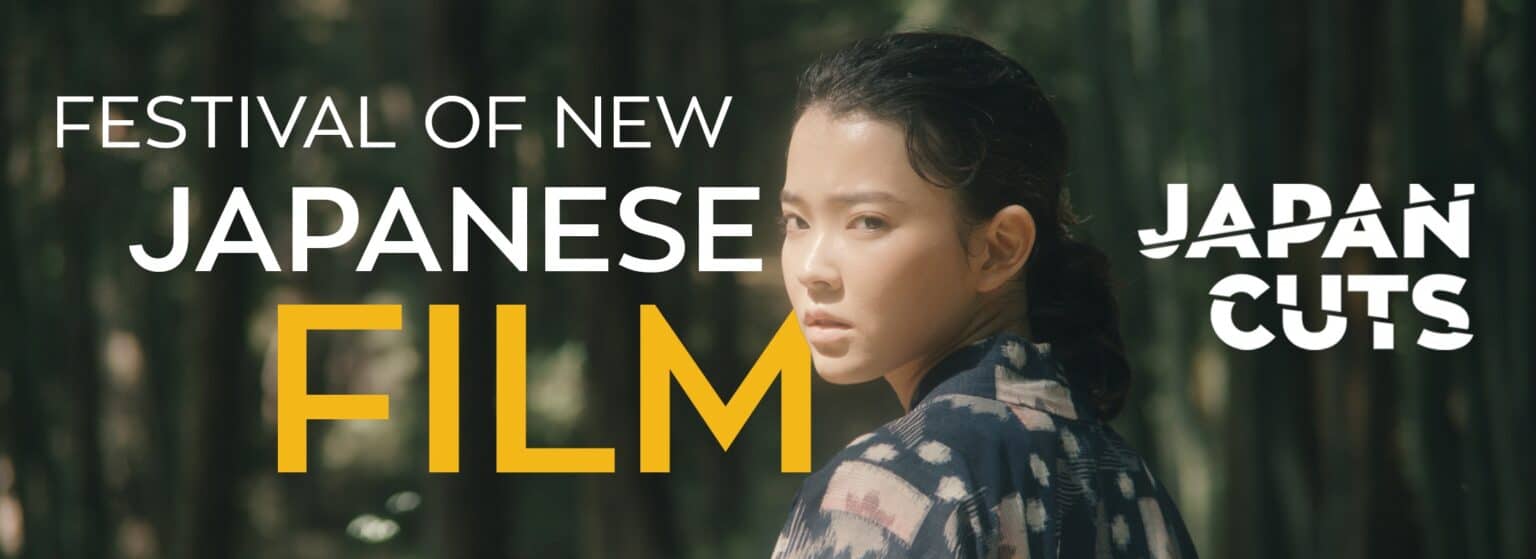
As far as documentaries go, “Tokyo Melody” is distinctly hands-off. We're introduced to Sakamoto as he fiddles with what is presumably a new piece of recording equipment in the park, although the laser-like contraption wouldn't be out of place in an episode of Ultraman. The film combines informal interviews with the composer, studio footage of Sakamoto in action, and crispy 16mm images of the sprawling metropolis that is Tokyo. What could be a hodgepodge of footage is instead a serene and expertly edited collage that leaves a strong impression of both Sakamoto as an artist and the era in which he rose to fame.
The Ryuichi Sakamoto of 1984 comes across as a quiet and pensive individual, one who's deeply philosophical about the world around him. The then thirty-two-year-old musician is an artist and observer, commenting on cultural and technological changes without passing judgement, content to move with the times but skeptical of what the future holds. Sakamoto's appeal as a person goes beyond his musical talents, as the man has a palpable aura and charisma, making him a magnetic figure. His seemingly effortless class and style follow him from the streets of Tokyo to the depths of the studio as he nonchalantly strings together experimental melodies on impossibly complex bits of equipment.
Lennard invites us to sit with Sakamoto as he plays with new sounds and spends hours at a time mixing his pieces to perfection. Some of the film's most arresting images are those of the composer simply sitting at his piano, headphones adorned, reciting his music with a definite focus. Film buffs are sure to enjoy the rendition of the theme for Nagisa Oshima's “Merry Christmas Mr. Lawrence” (1983), a film in which the composer also featured – the score landed Sakamoto the BAFTA Award for Best Film Music, his first of several major accolades.
Sakamoto narrates the documentary sporadically, discussing everything from his influences and artistic interests to his various work processes. While a full image of the artist is never brought into focus, there's enough scattered throughout the film to get an idea of the man behind the music whilst maintaining the mystery and intrigue that surrounds him. Of all Sakamoto's musings, one of the most interesting is the idea that the music never stops; whether you're in an elevator, a store, or even wandering the streets, the modern world has countless melodies to offer.
Check also this interview
Just as Sakamoto observes and ingests the sights and sounds that Tokyo has to offer, so too does Lennard. The director captures the bustling subway stations, busy markets, and flourishing technology that dominates the ever-developing capital. At one point, Sakamoto touches on Japan's move away from political activism and notes the country's thirst for culture and art. True enough, Lennard shows students and other young people practising dance moves in the street as they try to keep up with the latest fads. These images are a throwback to a bygone era, one that Sakamoto describes as being the peak of capitalism in Japan and, indeed, the world at large.
Overall, “Tokyo Melody” is a short and insightful dive into the artistic genius of Ryuichi Sakamoto. Elizabeth Lennard's minimalist approach allows for a free-flowing exploration of the composer's working process and wisdom, as the director also opens a vivid window to the past. This is a fascinating look at one of Japan's most beloved, talented, and now sorely missed musicians.


